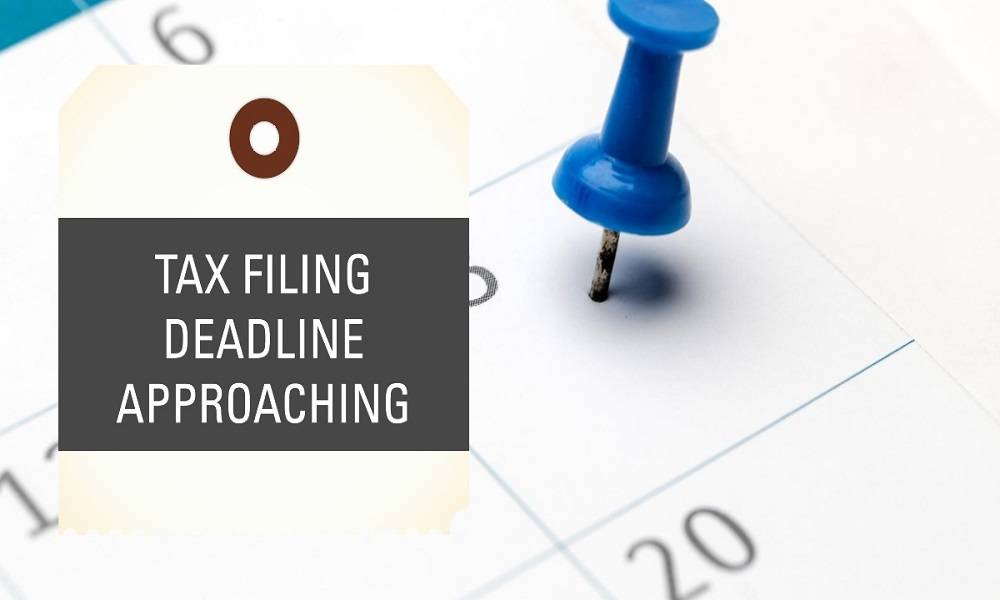When Do You Have to File Taxes

Understanding when to file taxes is crucial for every individual and business. Missing the deadline can result in penalties and missed opportunities to claim potential refunds. In this article, we’ll break down the key dates and circumstances that determine when you need to file your taxes.
1. Individual Income Tax Returns:
For most individual taxpayers in the U.S., the deadline to file federal income tax returns is April 15th of the year following the tax year. This means if you’re filing for the 2022 tax year, your deadline would generally be April 15th, 2023. However, there are exceptions:
- If April 15th falls on a weekend or holiday: The tax filing deadline is extended to the next business day.
- If you live outside the U.S.: U.S. citizens or resident aliens living abroad usually have an automatic two-month extension to file their returns.
- Filing for an extension: If you’re unable to file by the deadline, you can request an extension until October 15th. It’s important to note that an extension to file is not an extension to pay. If you owe taxes, you should estimate the amount due and pay it by April 15th to avoid potential penalties.
2. Business Tax Returns:
The deadline for businesses depends on their structure:
- Sole Proprietorships and Single-member LLCs: These entities report income on the owner’s individual tax return, so the deadline is the same as individual tax returns – April 15th.
- Partnerships and Multi-member LLCs: Their tax returns are usually due on March 15th of the year following the tax year.
- Corporations (C-Corps): Typically, corporations must file by April 15th.
However, as with individual tax returns, there are provisions to request extensions.
3. State Tax Returns:
If you live in a state with income tax, you’ll also need to be aware of the state’s tax filing deadline. This date varies by state, though many align with the federal deadline of April 15th. Check with your state’s tax agency for specific details.
4. Special Circumstances:
- Self-Employment Taxes: If you’re self-employed, you might need to file quarterly estimated taxes. These are typically due on April 15th, June 15th, September 15th, and January 15th of the following year.
- Retirement Accounts: If you’re contributing to an IRA, the deadline to make contributions for a specific tax year is the tax filing deadline of April 15th.
5. Penalties for Late Filing:
Filing your tax return late can result in penalties, which vary based on how late the return is filed and how much you owe. It’s generally more advantageous to file on time, even if you can’t pay your full tax liability, as the failure-to-file penalty is typically greater than the failure-to-pay penalty.
Conclusion:
Knowing when to file your taxes is essential to avoid unnecessary penalties and ensure you’re in good standing with the IRS and state tax agencies. If you’re uncertain about your tax obligations or need help with your return, consider seeking advice from a tax professional.










